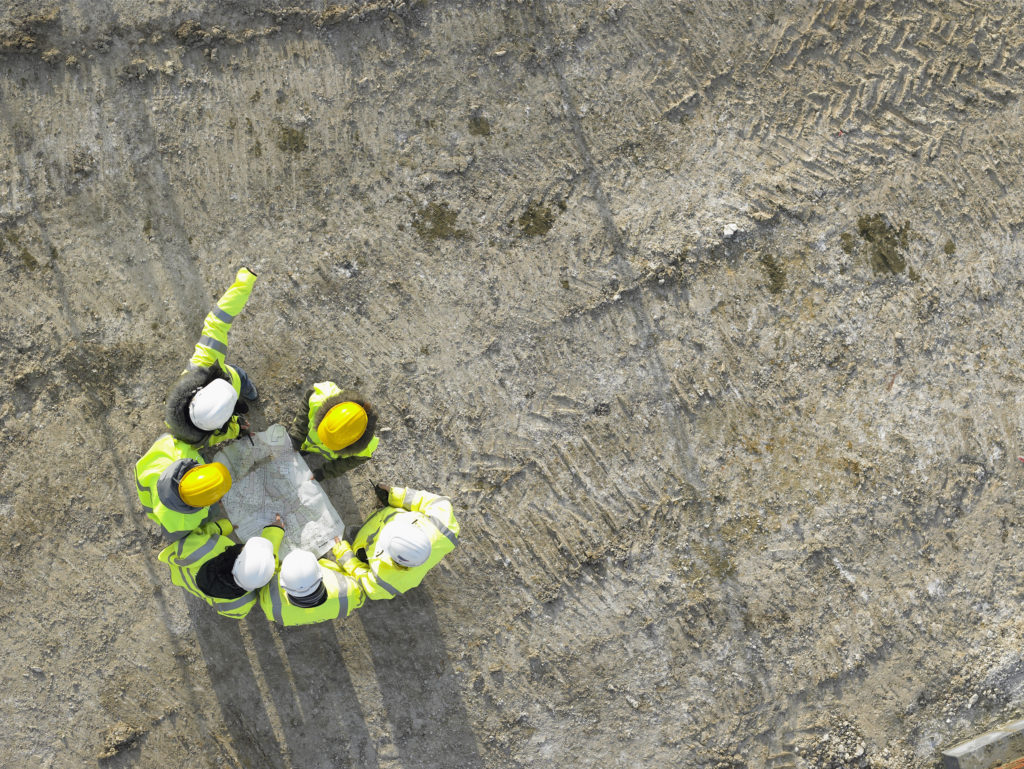
A notale case acts as a useful reminder that planning conditions which seek to prevent the commencement of development should not always be read literally, but with “a dose of reality”.
Every planning permission must contain a planning condition limiting the time within which the permission can be implemented. If not, the permission expires. For a planning permission to be lawfully implemented, the developer must first ensure that all pre-commencement conditions are complied with (the ‘Whitley Principle’).
Planning case law indicates however, that development in contravention of a condition which requires certain actions prior to commencement of the development may not fall within the ‘Whitley Principle’ if the condition does not ‘go to the heart’ of the planning permission. Hence the breach of a pre-commencement condition (or ‘condition precedent’) does not render the development as a whole unlawful if in fact it is not a ‘true condition precedent’ (other exceptions may also apply – more on that in another article).
A case where the Local Planning Authority approved details in relation to two conditions, and was subsequently challenged in Judicial Review proceedings, has reexamined the principles applicable to ‘true conditions precedent’,.
The two conditions in question in this case were:
1. The aviation condition – this provided that development should not commence until at least three months after the written submission of details concerning the turbine’s exact height and position and the provision of aviation lighting. The details were submitted less than three months prior to the expiry of the permission – therefore the objector said that the condition could not lawfully be complied with.
2. The archaeological condition – this provided that no development was to take place until implementation of a programme of archaeological work had been secured, in accordance with a written scheme of investigation (WSI) submitted to and approved in writing by the Council, and the site investigation and post-investigation assessment had been completed. The WSI, approved by the County Archaeologist, did not require any archaeological work to be carried out prior to the commencement of development, and in fact no significant archaeological features were found. The judge determining the Judicial Review application on the aviation condition stated that one needed “to approach the breach of condition 3 with a dose of reality”, it was not necessary to prohibit all works when it was the tall structures which were the target of the condition – accordingly, the aviation condition did not go “to the heart of the permission”.
In relation to the archaeological condition the judge similarly decided that this did not “go to the heart of the planning permission and the entire development is not to be regarded as unlawful”. He went further in stating that “it would be irrational and an abuse of power for the Council to take enforcement action, not least against the background of the County Archaeologist’s view that the Written Statement of Investigation was sufficient to safeguard archaeological features”.
Thus, notwithstanding the breach of the conditions, the development had been lawfully implemented.
In the face of a potential loss of a planning permission it is always advisable to ensure that pre-commencement conditions are complied with well in advance of the potential expiry of a planning permission. Where that is not possible then professional advice can be critical to ensure that your planning permission is lawfully commenced.
